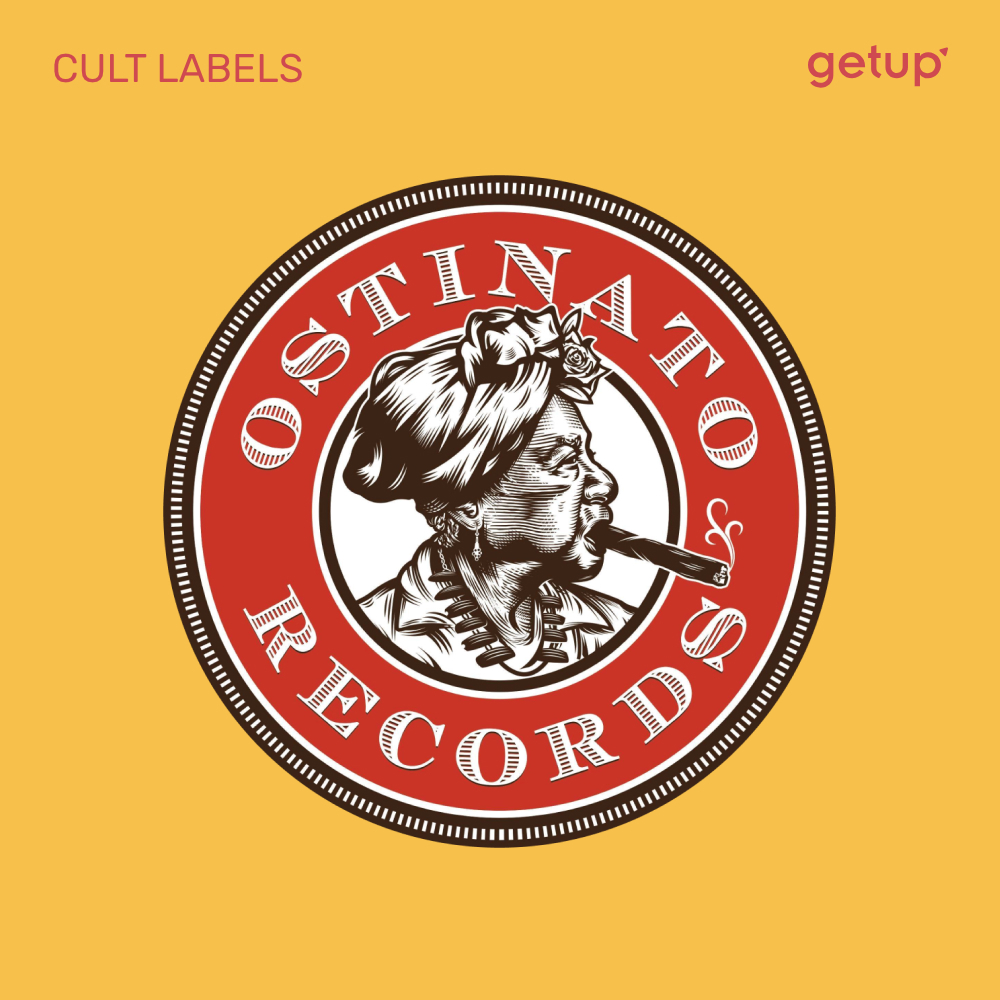Ostinato means ‘stubborn’ in Italian. In addition, it is also a form of musical composition that consists of repeating a rhythmic or melodic formula within a piece, a theme that perfectly echoes the research undertaken by Vik Sohonie, the label’s owner and founder. Always travelling between his native India, the African continent and Thailand, Vik is dedicated to bringing to life or reviving the music of countries that have suffered from war, political conflicts, economic crises or natural disasters. His passion is to save this cultural heritage from threats of oblivion. Lifebuoy-like, this storyteller brings brilliant thematic compilations to the surface, focusing on a specific place, group, moment in time, or situation. Thanks to his work as an archivist, forgotten or underestimated artists have finally gained the recognition they deserve. Through great songs found on vinyl, cassettes or master tapes, Ostinato sheds new light on little-known cultures whom the media often negatively portrays. ‘I’m interested in countries that have been severely badly represented and have had their international image torn apart by major media’, Sohonie says. Keeping this music alive by saving it in a time capsule is a blessing for music lovers but also a comfort for diasporas who have experienced the trauma of forced exile.
In addition to being an Aladdin’s cave of records that sound new because they have rarely (if ever) been heard outside of their borders, each of the label’s releases is a true collector’s item. The quality vinyls are accompanied by a beautiful cover and descriptive booklet full of interviews and articles that add context and meaning to these lived stories.
Over the course of 30 titles, this playlist scans Ostinato’s entire catalogue, trying not to leave anyone out. It is the Creole folklore of the island of Haiti that kicks off the party, flying over 20 years of musical innovation based on percussion. Then, a fascinating discovery – how much the political instability in Cape Verde has influenced the development of its local funaná, defying prohibitions ; we also hear from its diaspora, who have brought a unique synthetic sound to Europe and elsewhere. What could be more moving than to then hear these dusty Somali musical archives from the 1980s, saved just before being destroyed by the missiles of war? What could be more precious than recordings from the golden age of Sudanese music, from the violins of the 70s to the synthesizers and drum machines of the 80s?
So, how can you contribute to the preservation of this priceless musical heritage? By listening to this playlist...





